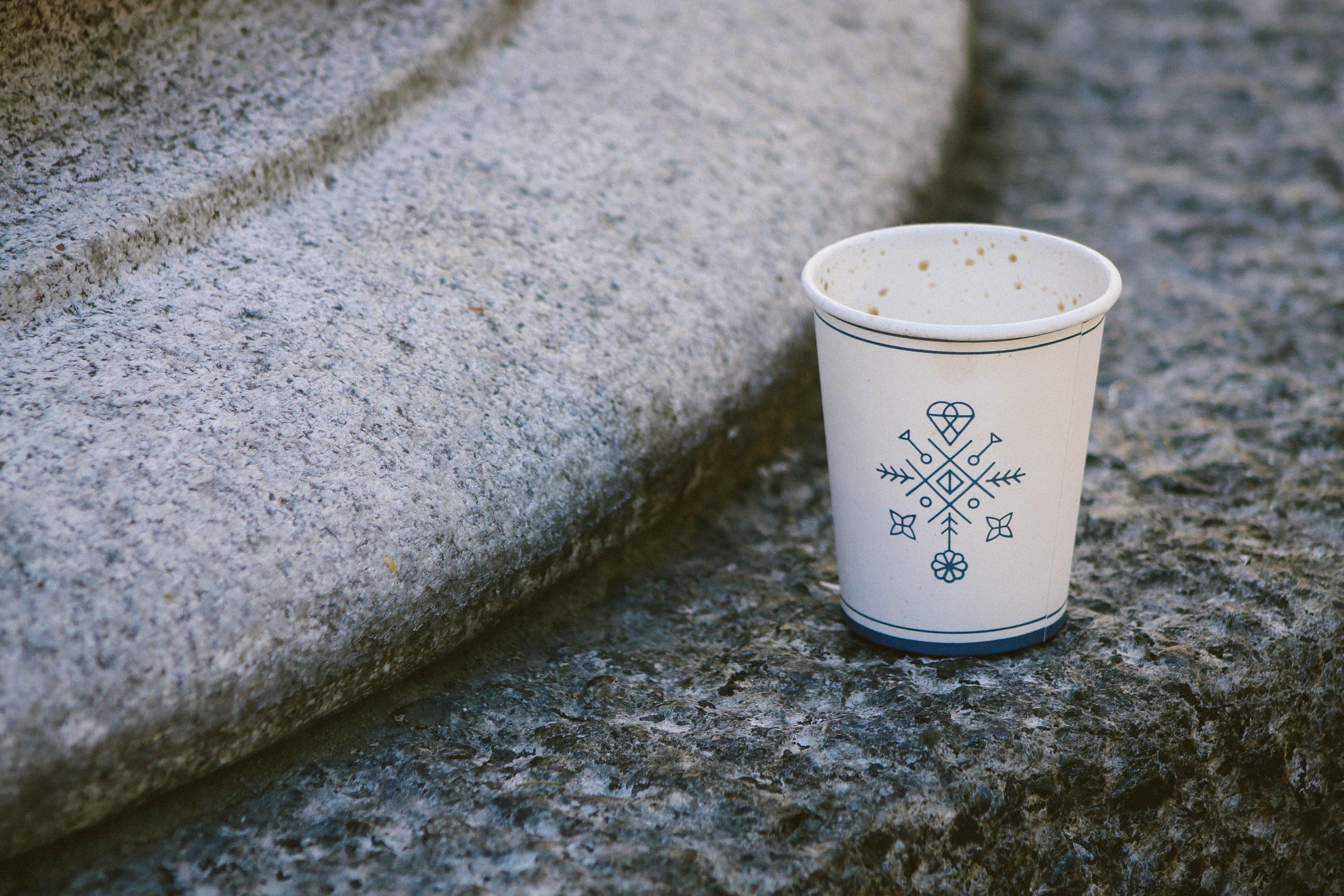What about the future os paper cups in Hungary?
The EU directive on the reduction of the environmental impact of certain plastic products, known as “SUP”, has introduced a consumption reduction provision for beverage cups, with a measurable reduction in consumption by 2026 compared to 2022.

We are facing an impossible task for some time
So the EU legislation does not prohibit, it merely restricts, and the reduction is only ‘measurable’, not by weight or percentage.
Hungary has gone beyond the EU directive. Prohibitory regulation at national level, which is different from the European one, in itself disrupts the functioning of the single EU market and will for some time in Hungary present an insurmountable challenge to many user sectors, including the operators of vending machines recently connected to the tax authorities.
For all these reasons, and in view of the imminent entry into force of the ban, five professional organisations concerned have written a joint letter to Minister Prof. Dr. László Palkovics asking the Government to amend the relevant government decree.

Paper or no paper?
From the letter: In order to replace plastic beverage cups, paper beverage cups are gaining ground in Hungary, but the currently available versions of these cups are only able to hold liquids safely if their inner lining contains a small amount of plastic (up to 10% by weight). These paper-based cups with low plastic content are already widely used in domestic catering, fast food outlets, retail outlets, vending machines or at festivals.
Drink containers with a low plastic content (not exceeding 10%) are considered paper packaging under the Environmental Product Fee Act, which recognises as mono-material packaging “which cannot be physically separated into its constituent parts and is composed of at least ninety percent of homogeneous material”.
However, according to the current text of Government Decree 301/2021 on the restriction of the marketing of single-use and certain other plastic products, beverage cups with a minimum plastic content of up to 1% are also considered plastic beverage cups. Accordingly, from 1 January 2023, the marketing of these paper beverage cups with a low plastic content would also be prohibited in Hungary, while they would remain on the market in the other EU countries, subject only to quantitative restrictions.
In the course of discussions with national and international manufacturers and distributors, it became clear to the associations that there are currently no properly tested materials and technical solutions available on the European markets for the complete plastic-free disposal of beverage cups and their tops/lids that fully meet user needs, i.e. that allow the safe storage of hot and cold drinks.
There is also a lack of manufacturing capacity to meet the new requirements, which can only be developed at pan-European level and through significant investment.
To remedy the situation, industry associations have requested that low plastic beverage cups (i.e. with a maximum plastic content of 10%) and their plastic tops/lids should be allowed to be placed on the market in Hungary after 1 January 2023.
Signatories:
National Association for Packaging and Material Handling,
Hungarian Mineral Water, Juice and Soft Drinks Association,
György Vámos Secretary General sk.,
National Association of Tourism and Hospitality Employers.
The associations also proposed textual amendments to confirm their request and requested a conciliation meeting.
Communication of the CSAOSZ
Related news
ESG: the majority don’t ask for postponement, preparedness level is increasing
🎧 Hallgasd a cikket: Lejátszás Szünet Folytatás Leállítás Nyelv: Auto…
Read more >Related news
KSH: in the fourth quarter of last year, investment performance was 1.3 percent lower than a year earlier
🎧 Hallgasd a cikket: Lejátszás Szünet Folytatás Leállítás Nyelv: Auto…
Read more >








